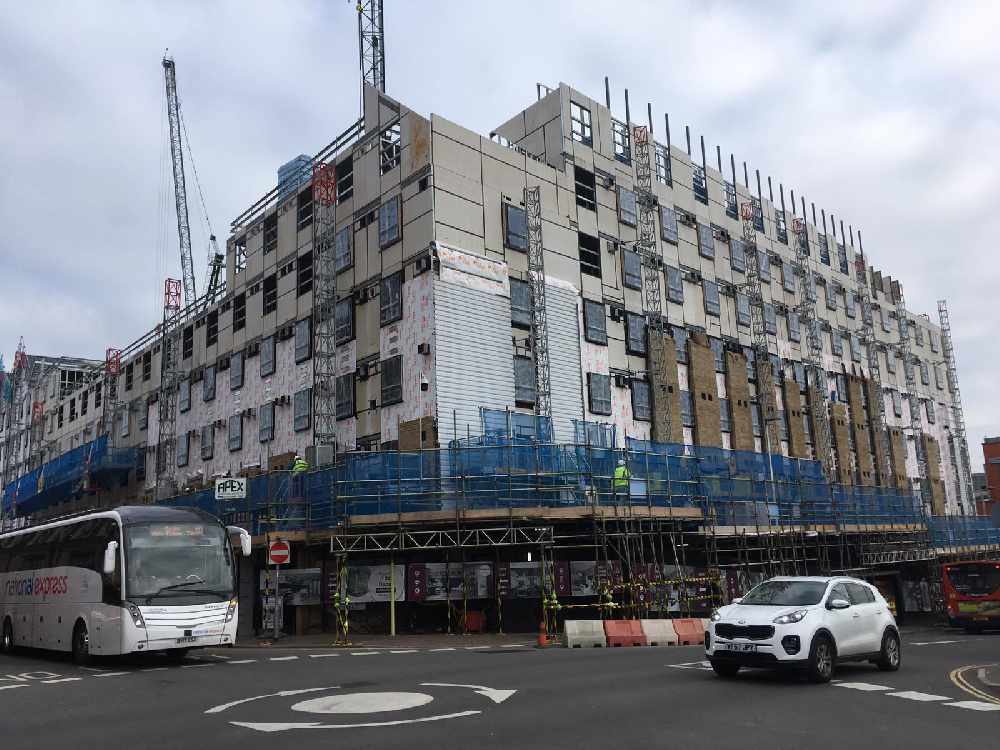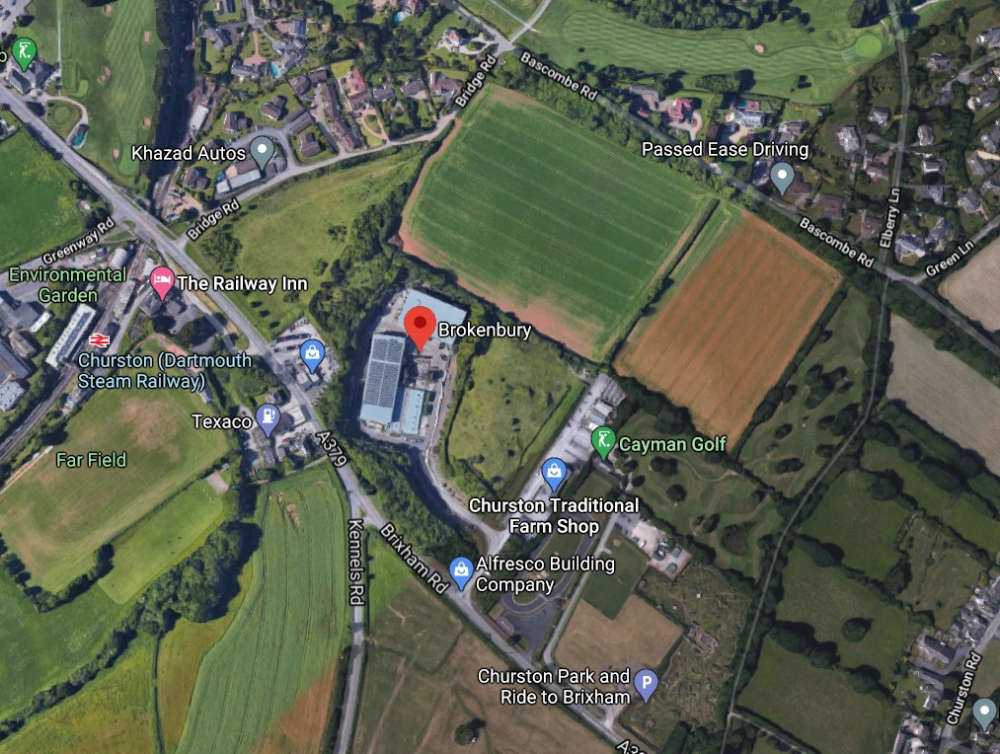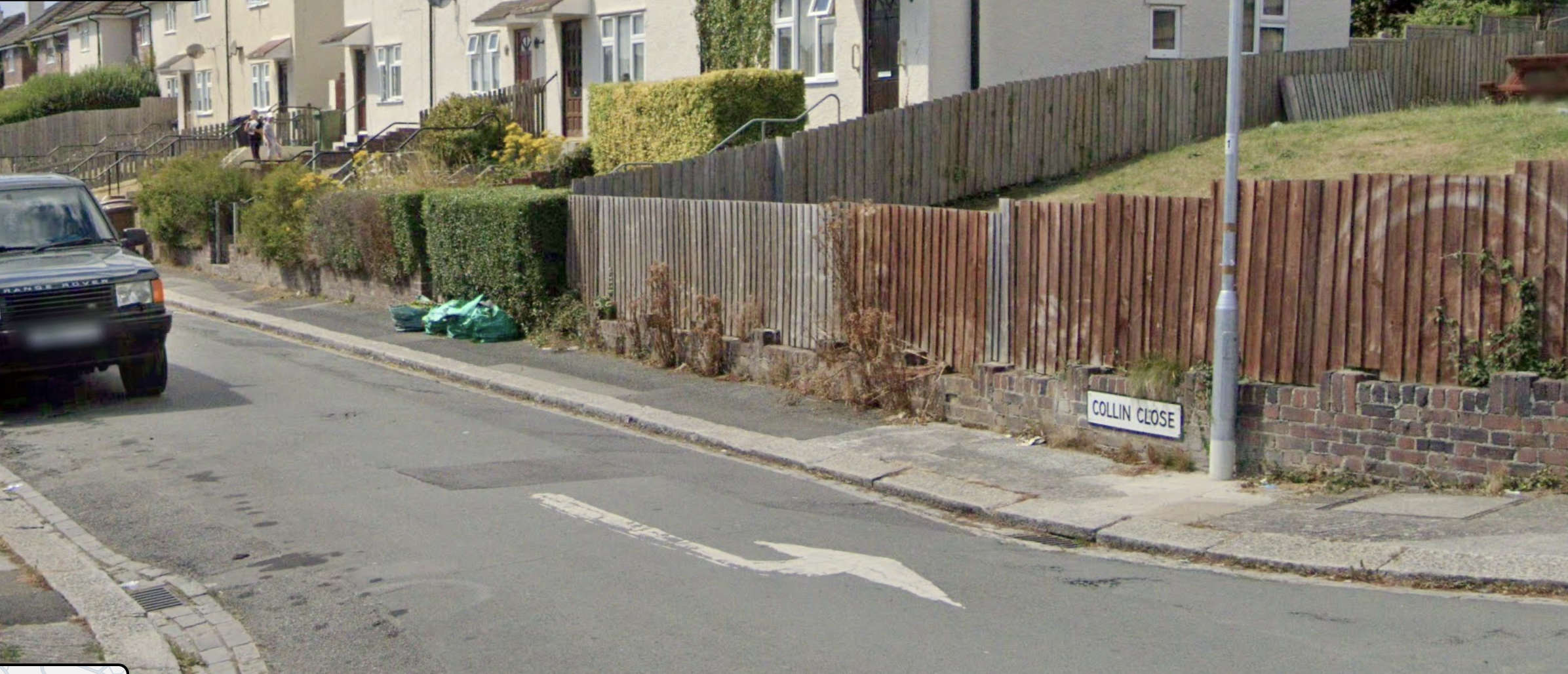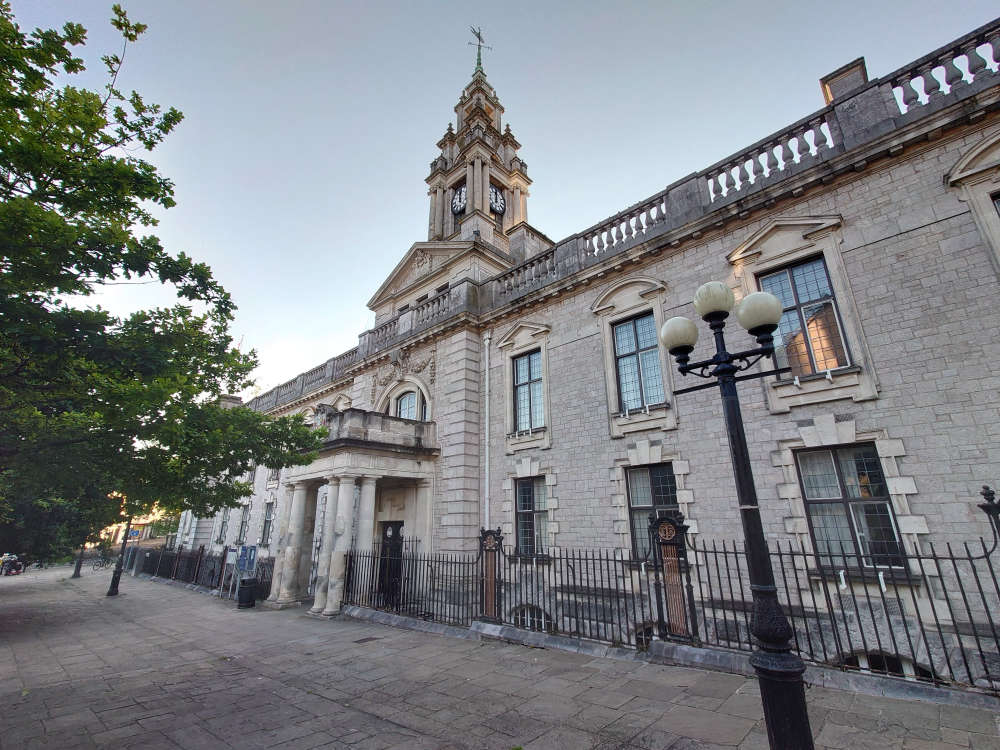
But it could take 2 years
At present, a 50 per cent ‘discount’ on levy fees compared to domestic construction applies on purpose built student flats, as the council charges a levy of £80 sqm for residential accommodation but only £40 sqm for student accommodation.
Exeter City Council agreed to initiate a review of the CIL Charging Schedule, but calls made by Cllr Diana Moore to put section 106 agreements in place on student flats to make such developments acceptable in planning terms until the review is complete, was rejected.
Some Labour councillors felt unable to vote for her motion, saying it would be ‘illegal’, but a city council spokesman confirmed that the motion was lawful.
Cllr Phil Bialyk, leader of the council, said: “When we adopted the current CIL charging statement in 2013, we were in a position where only 80 homes were built that year and there was a high demand and a need to make sure the expansion of students of going into homes in Exeter was stopped, so the strategy for purpose built accommodation wad to reduce the amount of HMOs.
“The University was growing and purpose built student flats were needed. Developers were not prepared to build houses, let along student flats, and the examiner agreed with this.
“We have not given developers of student flats a discount but these are the rates that have been agreed for building at the time and agreed by the inspector and we needed to put a method that would assist it.
“There is no doubt in my mind that we need to look at purpose built student accommodation again and get a new strategy and we all want to do something about it.
“I am asking questions of developers of the legacy that they are leaving and we have asked for a review of the charging rates but there is an examination period we have to go through. As much as I would like to, I cannot just say the rates are the same and we have to go through the consultation.
“We are trying to deal with the issue and the impact . It will take time and we have to go through the process, so I asking to do that.”
He added that passing the motion would be meaningless as they couldn’t enact it.
Cllr Bob Foale, Portfolio Holder for City Planning & Development, added: “I wish I could have a magic wand and wave it and the CIL money would be changed, but there is a process that sadly could take 18 months two years to go through we have to jump through those hoops.”
The review of the CIL Charging Schedule was agreed by the council, but they rejected Cllr Moore’s motion.
Her motion called for the review to take place, that a new charging schedule should no longer apply a lower charging rate of CIL to purpose built student housing compared to residential charging, and that until a new Charging Schedule is adopted by the council, Section 106 Agreements be put in place on student flats to make such developments acceptable in planning terms.
She said: “A new charging structure which abolishes the 50 per cent lower rate for student developments is long overdue. Given the significant and vibrant contribution students make to life in Exeter, it would be reasonable that a new form of relief be applied, but only where truly affordable accommodation is to be provided. We need affordable homes for all young people in the city.
“Developers only have the economic impact of students in mind and some are too expensive for students to live in. Students are paying over the odds and neighbourhoods are changing rapidly. It will take a long time to change the system but want to focus on the current planning policy as there are things that we can do now.
“We should be sending a clear message to developers that if we have more, they should contribute their fair share to the neighbourhood and we demand better for the city.”
Cllr Kevin Mitchell, leader of the Progressive Group, added: “Although the Labour administration have agreed to review its CIL charging schedule, they have stated this process could take up to two years to implement. In my view more urgent action is needed to ensure more millions are not lost – surely if the political will was there, this matter could be reviewed in a far shorter period.
“In the meantime we calling for the council to investigate the use of Section 106 agreements to ensure these developments are acceptable in planning terms and in doing so they will also mitigation against the impact these developments have upon local communities.”
He said that while developers have only been charged £938,000 compared to almost £1.876 million if the levy had been applied at the same rate as residential construction in the St David’s ward, in his Duryard and St James ward, had they been charged at the full rate, the Council would have received an additional £3,370,542.62.”
However, her motion failed to gain support from the majority of the council.
Cllr Andrew Leadbetter, leader of the Conservative group, said: “We all agree CIL needs to be addressing, but we have already voted to review the charging schedule, so this is premature.”
Cllr Emma Morse added that you can’t just say if there had been a full CIL contribution from a development the council would get a certain amount of money, as they had asked for full CIL then the sites wouldn’t have been developed and there would have been no CIL collected.
She added: “I can’t vote for the motion as we are already doing points 1, 2 and 3, and point 4 would be illegal.”
Cllr Luke Sills said that while her shared Cllr Moore’s concerns about imbalanced communities and impact on communities, he didn’t share ‘her spreading of misinformation and false facts in an effort to politically grandstand on this issue’.
He added: “The best way to oppose this is through the planning process without the need to grandstand and put forward motions that have a 15 minute introduction. I hope this is rejected and we move to a vote soon as haven’t had any dinner yet.”
Cllr Keith Owen added that he had sympathy for the motion, but he couldn’t vote for as ‘bullet point four was illegal’.
Cllr Moore’s motion was voted down, with the four councillors from the Progressive Group in favour of it, 27 against, and Cllr Owen abstaining.
The Local Democracy Reporting Service asked Exeter City Council to clarify whether Cllr Moore’s motion was ‘illegal’ as Labour councillors in the meeting claimed.
A spokesman for the City Council said: “The Notice of Motion proposed by Cllr Diana Moore was not unlawful. The point in relation to part 4 of the motion is that the Community Infrastructure Levy Regulations 2010, and in particular Regulation 122, determine the lawfulness of planning obligations secured through section 106 agreements.
“The types of planning obligations which the Council often agrees with developers is set out in the Council’s supplemental planning document ‘Planning Obligations’ and dated April 2014.
“It is not possible to simply ‘top up’ CIL monies received from Purpose Built Student Accommodation developments with monies secured through section 106, such that amounts received from Purpose Built Student Accommodation are comparable to what is received from residential (i.e non-purpose built student accommodation) developments. Those rates are set out in the Council’s Charging Schedule.
“Exeter City Council was one of the first authorities in the country to adopt a CIL Charging Schedule on December 1, 2013, following a public examination by an Examiner appointed by the government’s planning inspectorate.
“In its meeting on July 9, 2019, the council’s executive approved a review of the CIL Charging Schedule which will now be carried out in accordance with the statutory procedure set out in the CIL Regulations 2010. This could result in changes to the CIL levy in relation to Purpose Built Student Accommodation.”
In response, Cllr Moore said: “The motion clearly wasn’t illegal otherwise it wouldn’t have been allowed to go before the council. It is clear the proposals wasn’t illegal and I haven’t done anything that was illegal, they just chose to interpret in a certain way as they didn’t want to engage in the issue.
“Labour know that action must be taken on purpose built student accommodation which is why they’ve agreed the Community Infrastructure Levy must be revised. However councillors have been told that this could take up to 18 months. So it makes absolute sense to properly use Section 106 obligations to ensure developers pay their fair share.
“This is totally legal and the council has had such a policy in place since 2014 on this. The council must use all the powers it has and, rather than resorting to false assertions, Labour must act now in the interests of neighbourhoods that are struggling as a result of developers’ having the upper hand.”
 Official challenge to Torbay solar farm project
Official challenge to Torbay solar farm project
 Two people injured in suspected Plymouth stabbing
Two people injured in suspected Plymouth stabbing
 Four councillors banned from council tax debates
Four councillors banned from council tax debates
 Video shows Devon biker causing horrific crash
Video shows Devon biker causing horrific crash
 Murder charge after Kingsbridge crash
Murder charge after Kingsbridge crash
